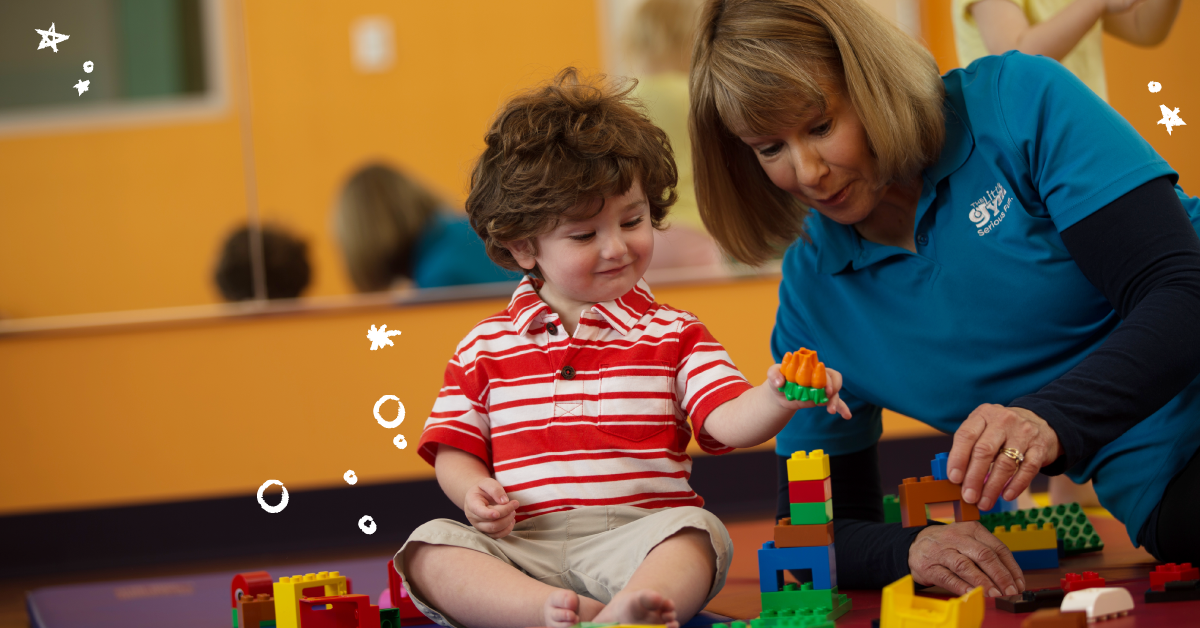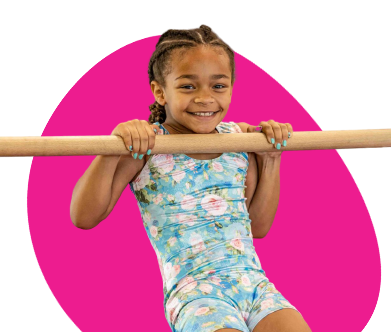Creative play is a vital part of childhood and child development. Through creative and imaginative play children can grow emotionally, socially, intellectually, and even physically. Creative experiences help a child develop these skills and enable them to share their thoughts, feelings and ideas. Exposing children to creative opportunities contributes to, and furthers their development. Coming up with ways to play creatively doesn’t have to be stressful or take a lot of time. In fact, over-structuring is the opposite of creative play. Every small step toward developing a child’s skills is a major milestone in their growth and happiness.
What Tools Do I Need?
Ideas for creative and imaginative play are available all around us. Often we overlook the simple things, that to a child aren’t as simple. How often do you see a small child staring at a leaf and turning it over to stare at the details. Emotional, cognitive, and fine motor skills develop with the introduction to the simple things. Try using some of these household items to make games, tell stories, or just have fun with them.
- Sponges
- Paper
- Cardboard and boxes
- Tape
- Paint
- Markers, crayons, or pencils
- Molding materials like clay
Emotional Development: Creative play promotes social and emotional development by integrating feelings with tasks. Ask your child to paint, draw, or tell a story, about how they’re feeling. These types of activities help children, who are not able to verbalize, express their feelings. In time, children will learn how to express their feelings safely and creatively, allowing them to integrate into social settings and regulate their behavior more appropriately.
Social Development: Children can grow and increase their social development when given opportunities to play and interact with peers. Singing, dancing, dress-up, and other forms of imaginative play are a few areas where children are able to grow and develop basic communication and social interaction skills.
Intellectual Development: Through creative play, children can learn important problem-solving skills. Reading, for example, gives children the opportunity to express their imaginations and explore a world outside of their own, helping to improve both intellectual and cognitive skills. This also forms the basis of reading comprehension and retention and sets the tone for solving more complex problems as they grow and develop.
Physical Development: Whether your children are dancing to the rhythm of their own beat, or exploring the great outdoors, creative play helps to grow gross and fine motor skills, coordination, and control. Building fine motor skills requires practice and sets the stage for improving hand eye coordination and muscle memory.
Providing children with creative opportunities for play will allow them to develop these important skills as well as provide them with the opportunity to explore and learn about the world around them. Kid-focused activities like The Little Gym can be another great option for busy families providing age-appropriate programs available after school, on weekends, and even when school is not in session.


